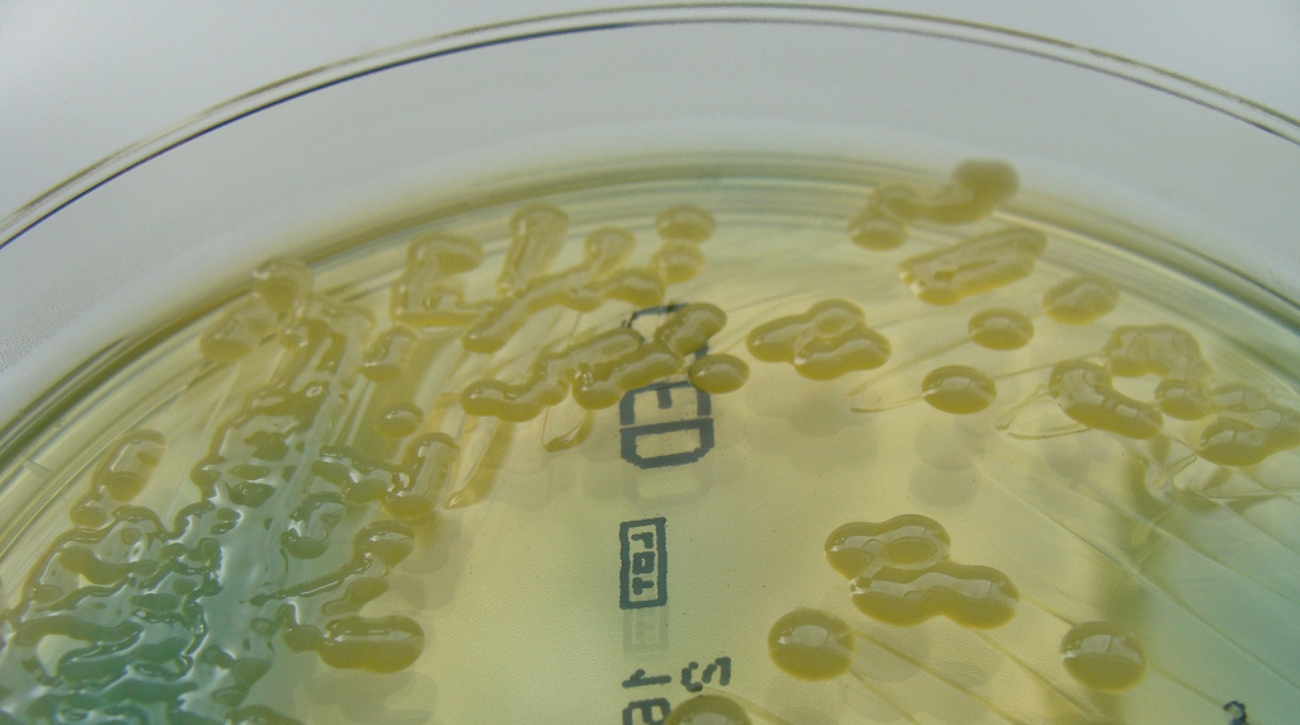Prompted by the release of a first-of- its-kind study conducted by the D.C. Hospital Association on the prevalence of an antibiotic resistant “superbug” in major hospital facilities across Washington, DC, Professor of Environmental and Occupational Health Lance Price joined WAMU public radio host Kojo Nnamdi and Jo Anne Nelson, executive vice president and chief operating officer of the D.C. Hospital Association, for a lively discussion about deadly superbugs.
Each year, an estimated 2 million people in the U.S. contract antibiotic-resistant infections and at least 23,000 of them die from these resistant infections. Motivated by the Centers for Disease Control and Prevention’s warnings on superbugs and its request for help in determining infection levels, major hospital facilities (including skilled nursing facilities) across the District worked together to collect more than 1,000 bacterial samples from patients. Coordinated by the D.C. Hospital Association and examined by an independent review board, the study found that 5.1 percent of the samples harbored carbapenem-resistant Enterobacteriaceae (CRE). Carbapenems are antibiotics used for treatment of infections known or suspected to be caused by multidrug-resistant bacteria. Microbes in the Enterobacteriaceae family include many well-known pathogens, such as Salmonella, Escherichia coli, Klebsiella, and Shigella, as well as many harmless bacteria.
CRE infections do not typically occur in healthy people. Patients whose care requires devices like ventilators, urinary catheters, or intravenous catheters, and patients who are taking long courses of certain antibiotics are most at risk for CRE infections. The D.C. Hospital Association and its members are now working on interventions to prevent and manage possible outbreaks.
Price, who also directs the Antibiotic Resistance Action Center (ARAC) at the Milken Institute School of Public Health, George Washington University, reminded listeners that CRE is just one of many superbugs that society is confronting. “We need to get active about this and get in the community to understand the ecology of (all) these bacteria and how they spread,” he says.
Explaining that “antibiotic-resistant infections are the cliff we are running toward,” Price provided listeners with easy-to-understand steps that health care professionals and citizens can take to prevent the spread of dangerous superbugs, including:
- Curtail patient demand for antibiotics and the willingness of physicians to comply with unwarranted requests
- Improve hand hygiene – especially among physicians and clinicians between patient visits
- Better food preparation – ensure that cutting boards and knives used to cut and prep raw meat do not cross contaminate other foods
- Expand awareness that bacteria don’t respect political boundaries – what is picked up in another country can be brought home and spread locally
Price and the Antibiotic Resistance Action Center are increasing awareness about antibiotic resistance and more via its website (publichealth.gwu.edu/arac) and various social media accounts: Facebook’s Citizens Against Superbugs, Twitter’s @battlesuperbugs, and Instagram’s Battlesuperbugs.
Despite the severity of the threats, Price says he remains hopeful that scientists will soon develop improved tests to rapidly and accurately diagnose infections so that the correct drug is prescribed for patients. He also calls for changes in health care and food animal production to end inappropriate uses of antibiotics so that existing and any future antibiotics remain effective for as long as possible.
* Photo of Klebsiella by Nathan Reading used with permission


